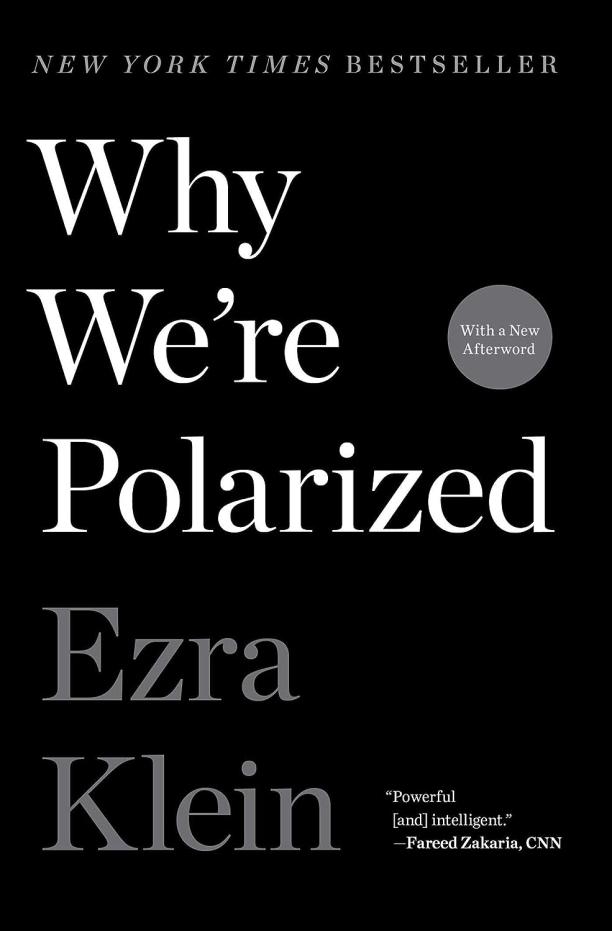Summary:
The book examines the historical and psychological roots of America's increasing political polarization, exploring how changes in media, political identity, and the electoral system have driven Americans into more ideologically homogeneous groups. It also discusses the impact of this polarization on governance and democracy, offering insights into how the country's political divisions have deepened and become more entrenched.
Key points:
1. Identity Politics: Klein believes identity politics has always been part of U.S. history and is causing current political polarization.
Books similar to "Why We're Polarized":
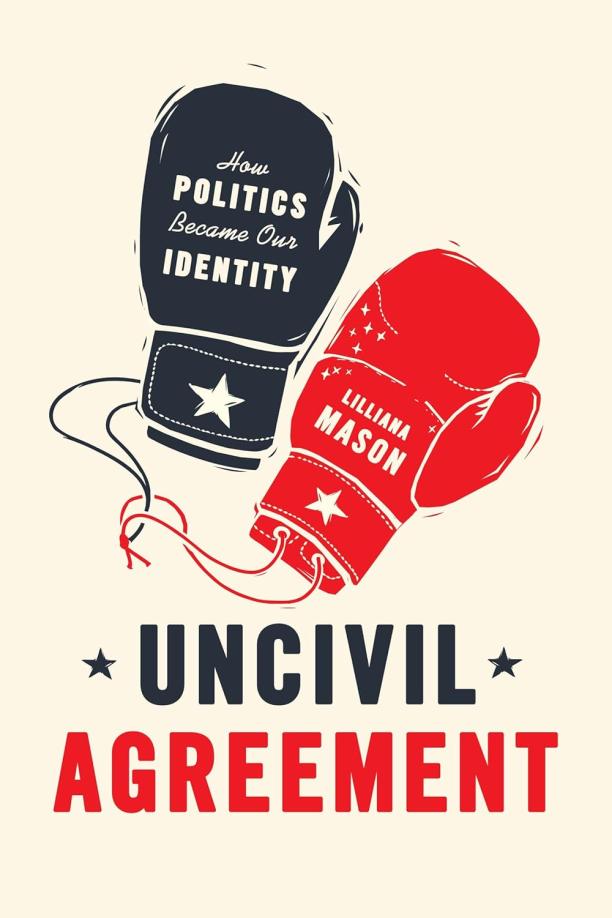
Uncivil Agreement
Lilliana Mason
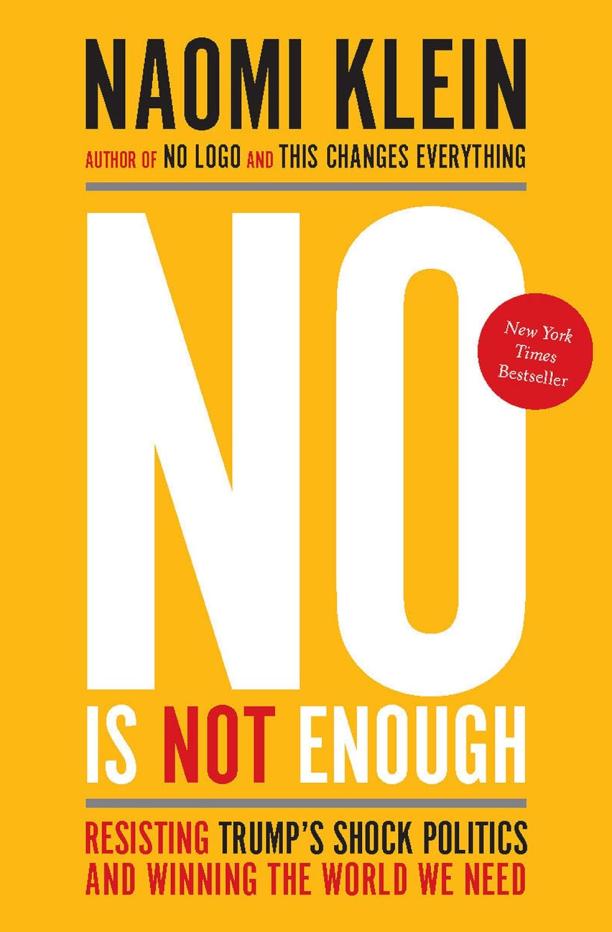
No Is Not Enough
Naomi Klein
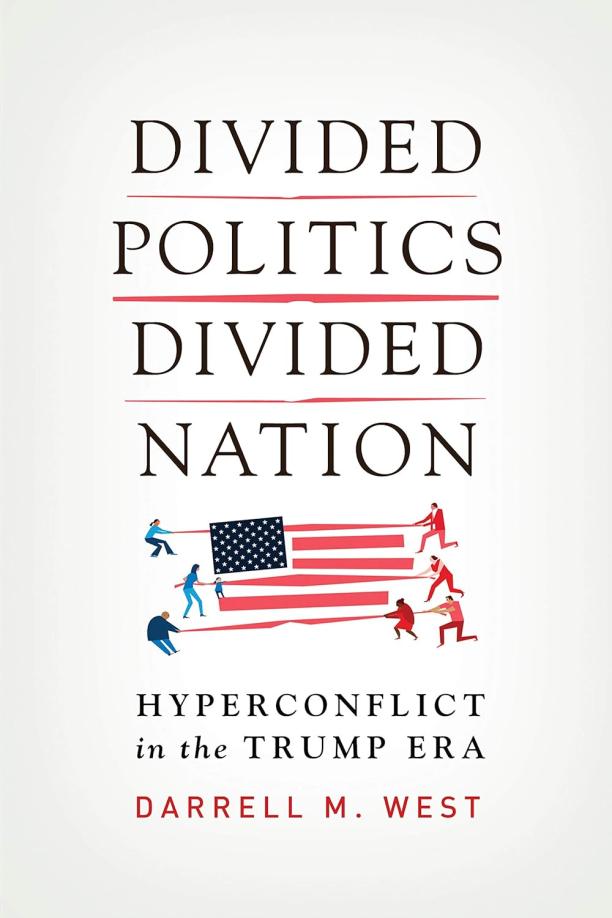
Divided Politics, Divided Nation
Darrell M. West
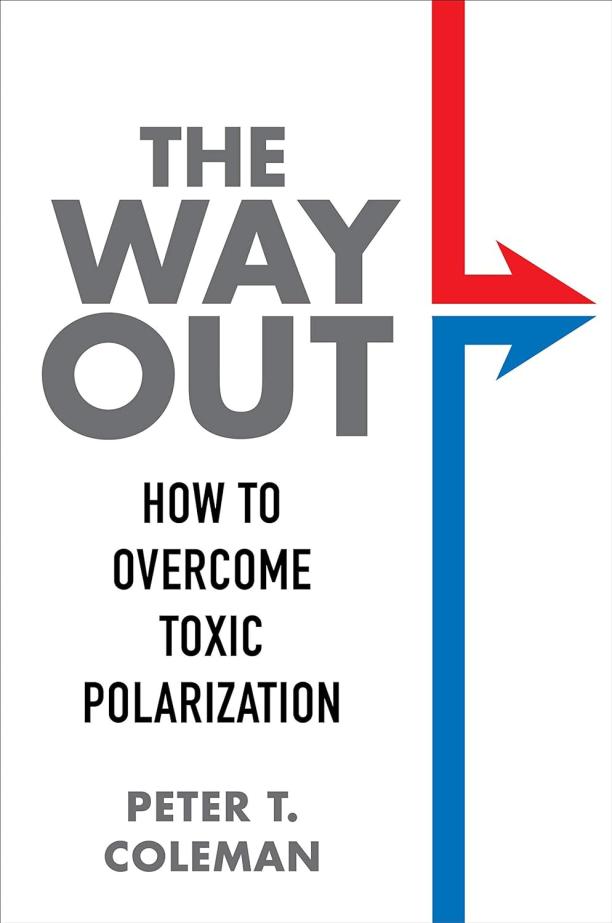
The Way Out
Peter T. Coleman
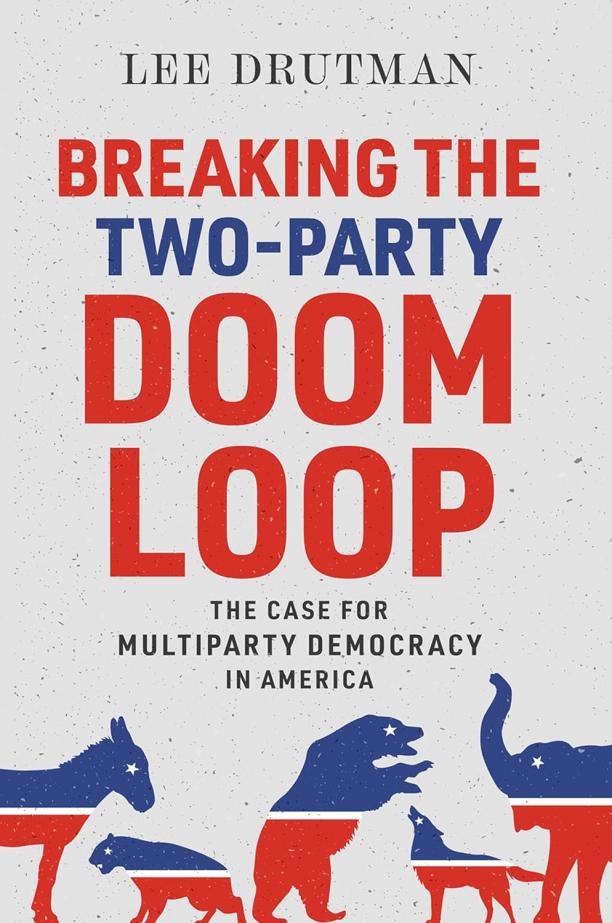
Breaking the Two-Party Doom Loop
Lee Drutman
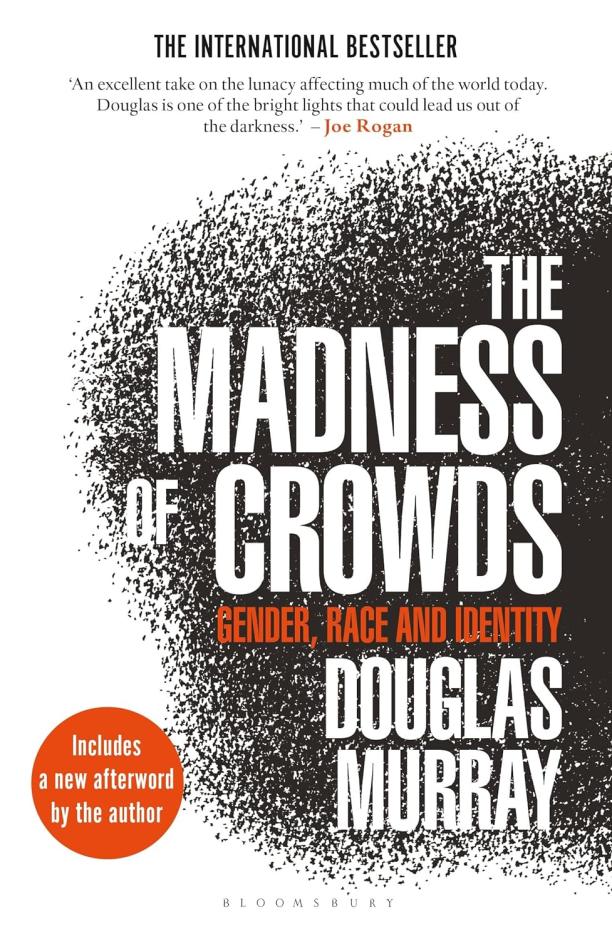
The Madness of Crowds
Douglas Murray
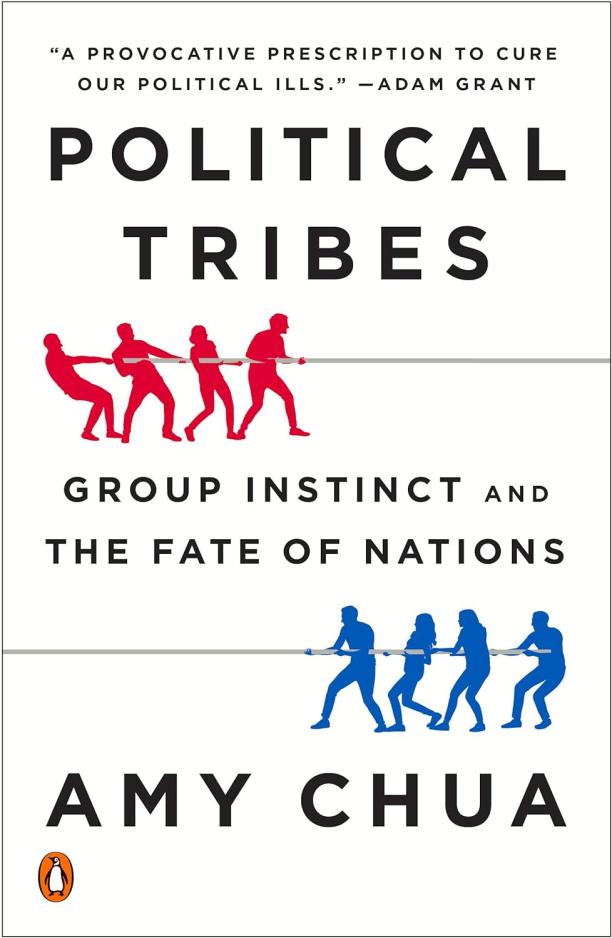
Political Tribes
Amy Chua
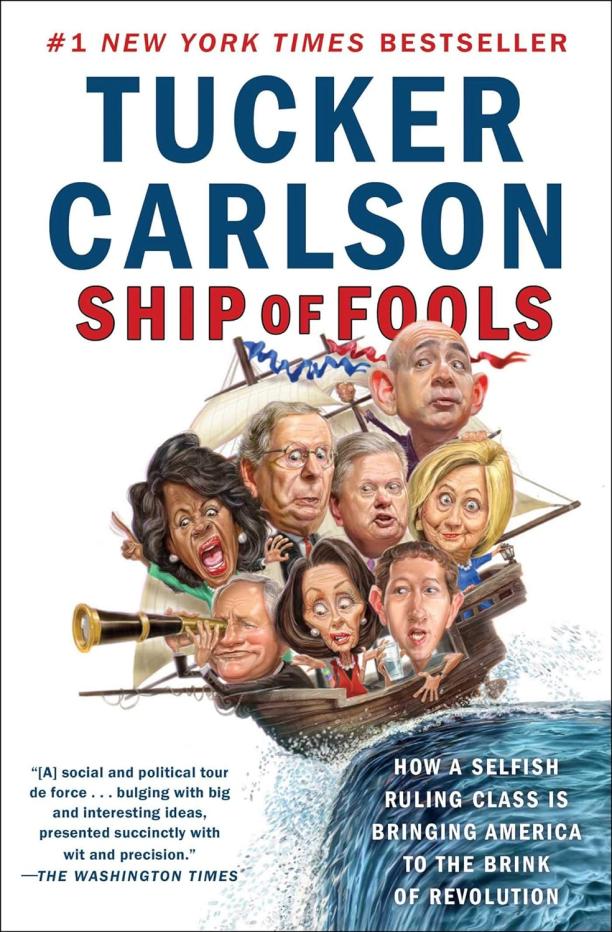
Ship of Fools
Tucker Carlson
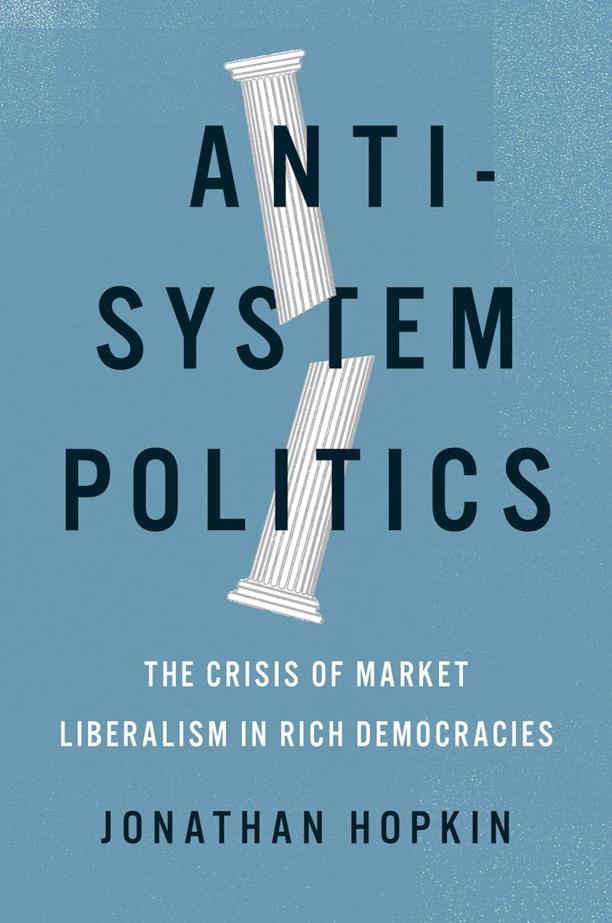
Anti-System Politics
Jonathan Hopkin
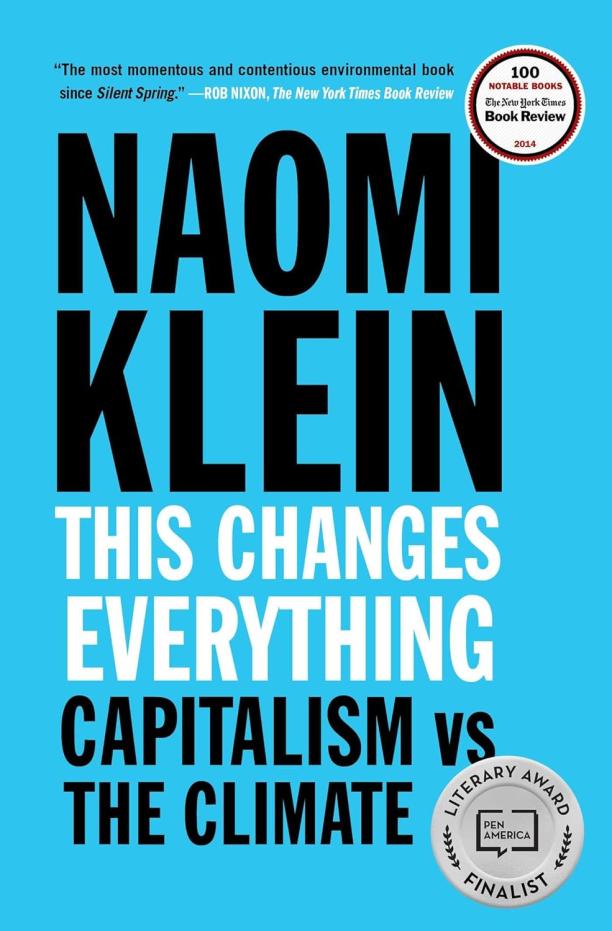
This Changes Everything
Naomi Klein
